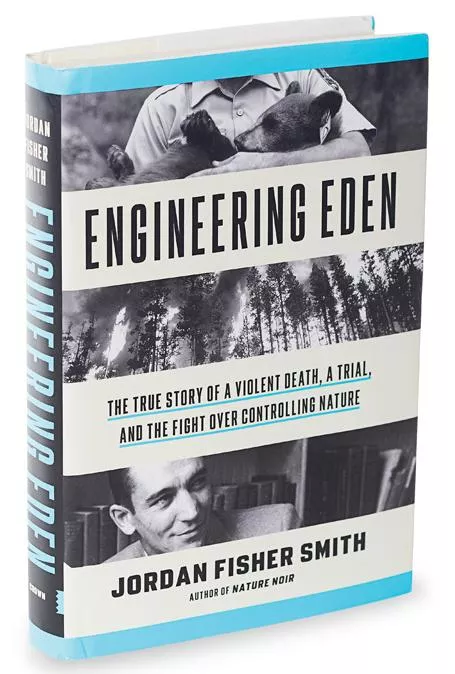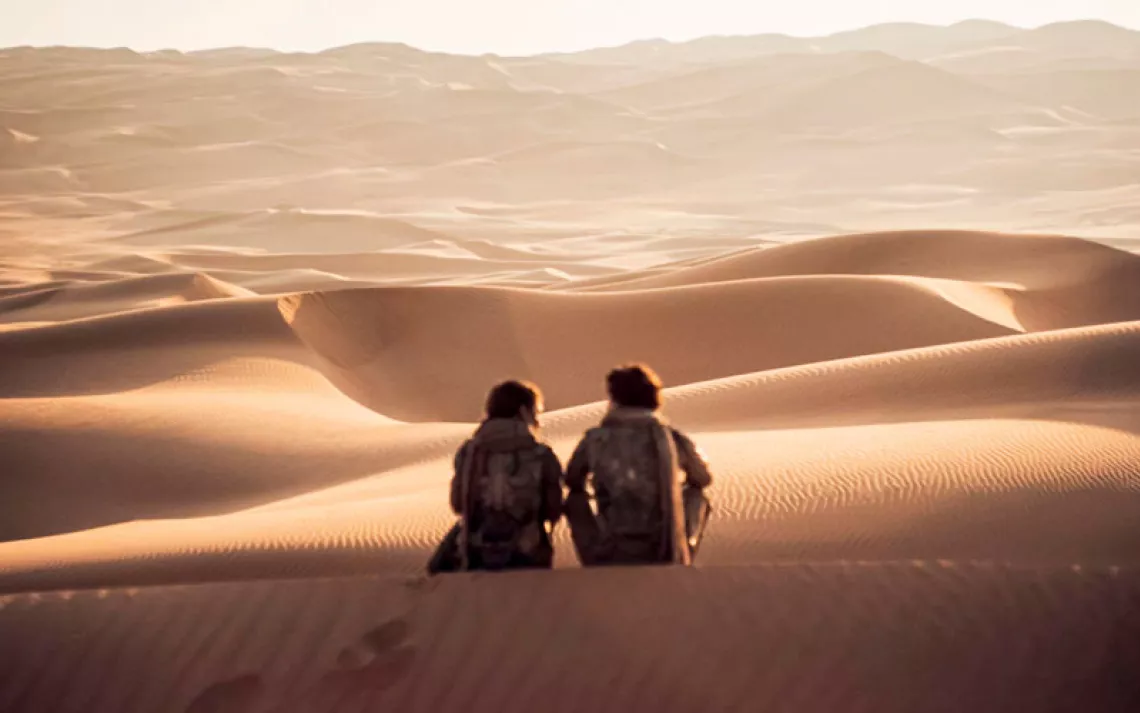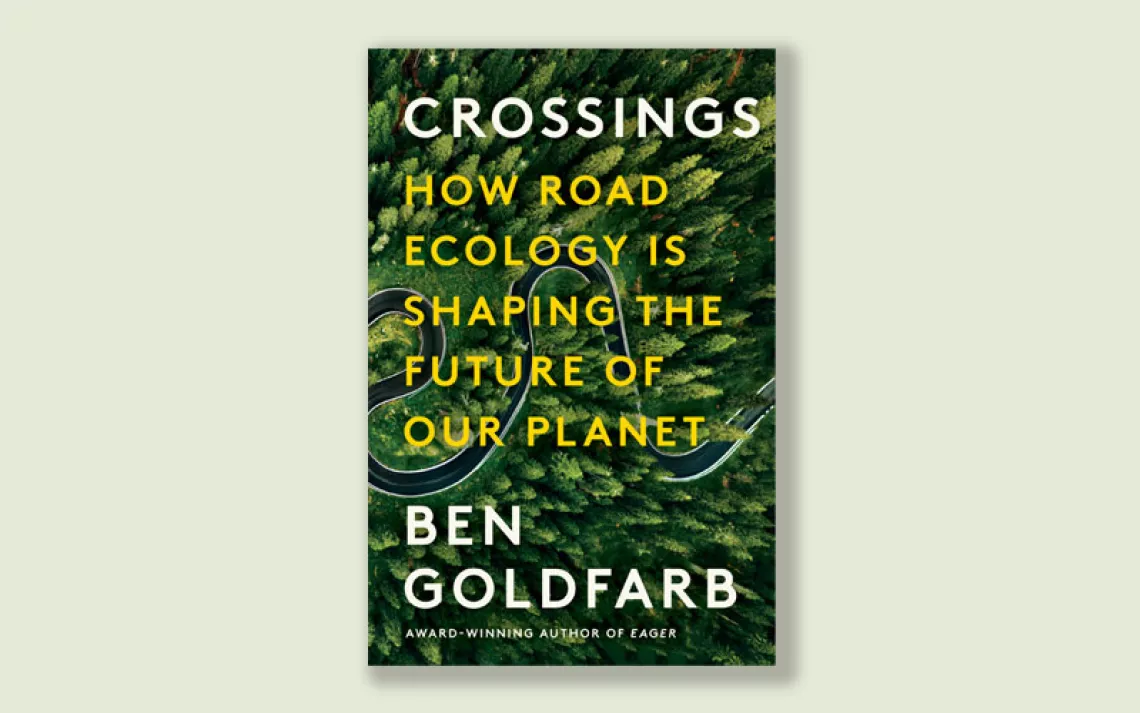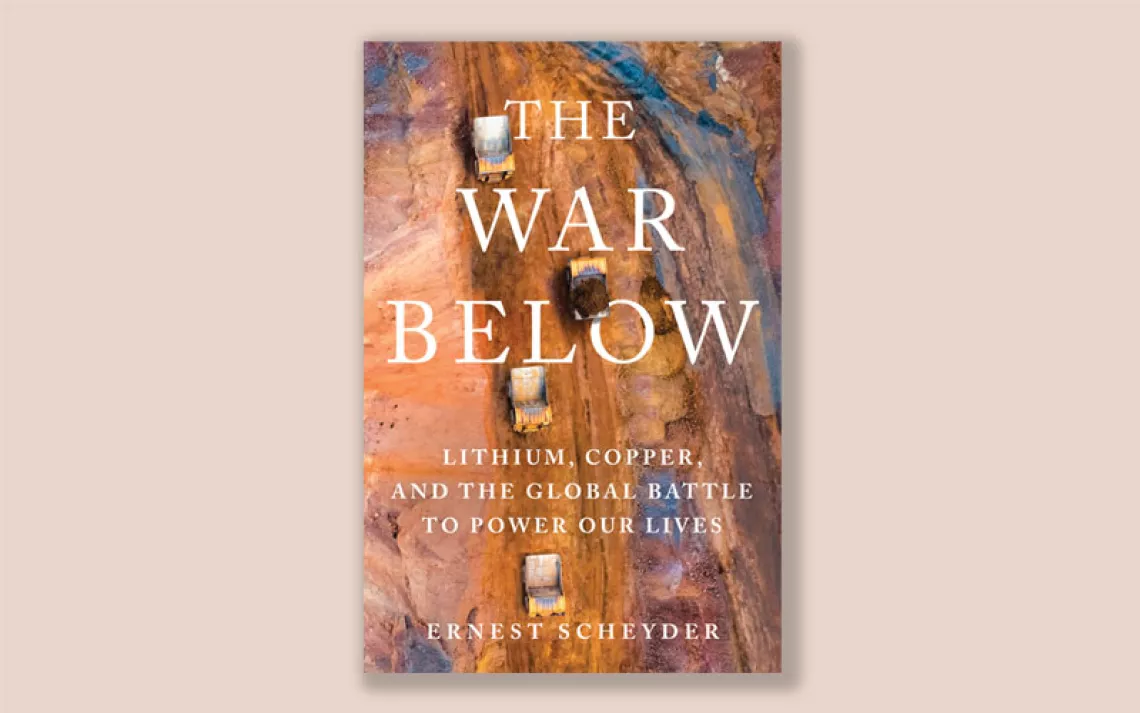Should We Control Nature to Make It Nicer?
Death by grizzly, a trial, and the fight over controlling nature

Former California park ranger Jordan Fisher Smith knows the dark side of the outdoors. He wrote Nature Noir—an account of crazed miners, violent drug users, and other backcountry dangers—and suffered for years from undiagnosed Lyme disease, which he contracted while on patrol.
His new book, Engineering Eden: The True Story of a Violent Death, a Trial, and the Fight Over Controlling Nature (Crown, 2016), tackles the issue of managing wildness. Its springboard is the 1972 death of one Harry Walker after a grizzly bear attack in Yellowstone National Park. Walker's parents—dairy farmers in Alabama—sued the federal government. The ensuing trial centered on whether the National Park Service should radio-collar bears and warn visitors of their activities.
This case divided the brightest minds in wildlife conservation. Celebrated wildlife biologist Adolph Murie was an expert witness for the Park Service. The plaintiffs called on Starker Leopold (son of the famous conservationist Aldo Leopold), who had helped shape the agency's hands-on policies fora dozen years.
Wildlands management today faces the same divide. "How much should we respect nature's autonomy?" Smith asks—a question especially pertinent in an age of climate change and invasive species. "And what happens if we get it wrong?"
Like immersion in wilderness, manipulation of it poses risks. Would-be stewards of wildlands need to decide how untrammeled we want those lands to be. Smith's thoughtful, erudite work could help them make the right choice.
 The Magazine of The Sierra Club
The Magazine of The Sierra Club







